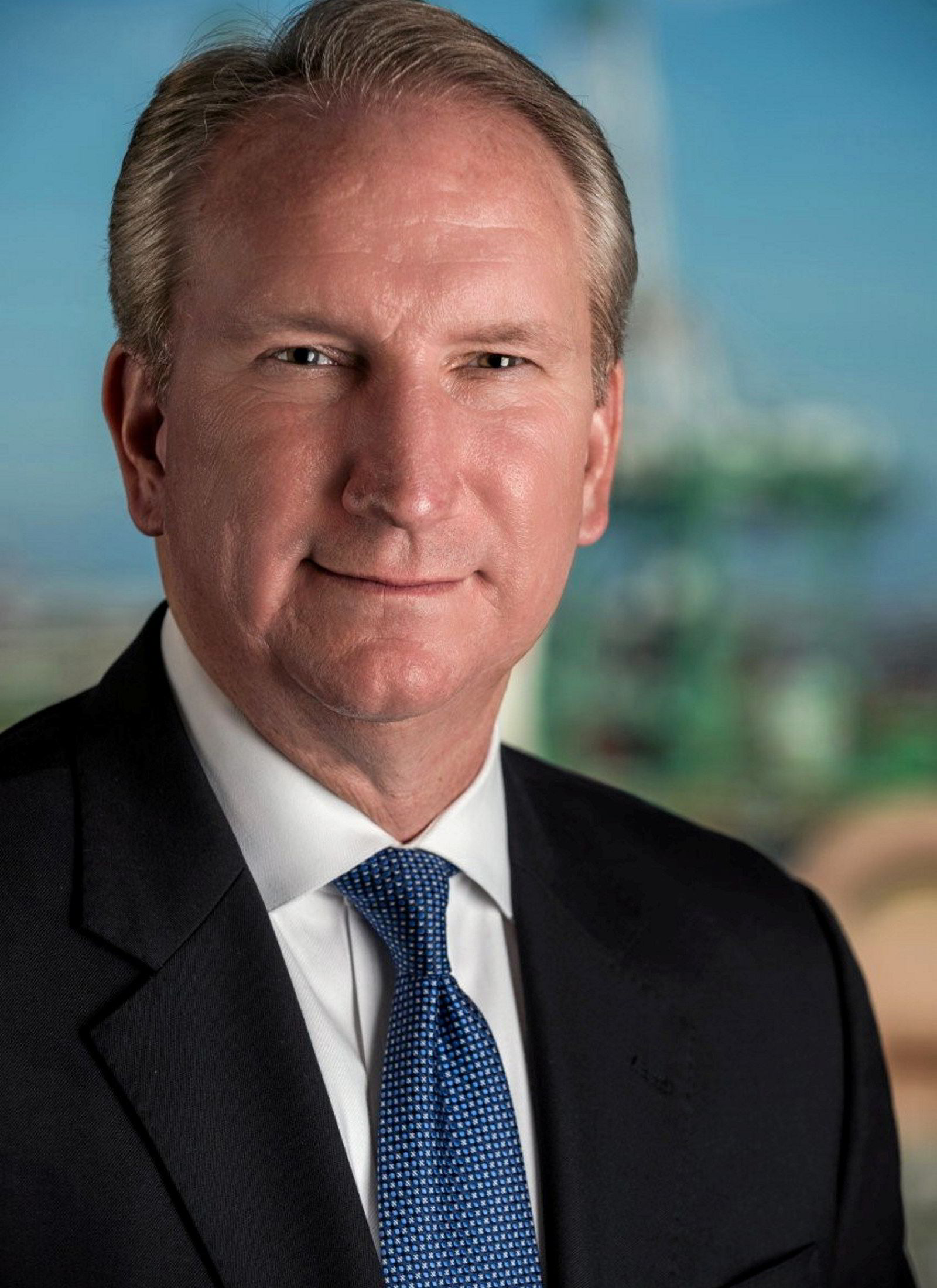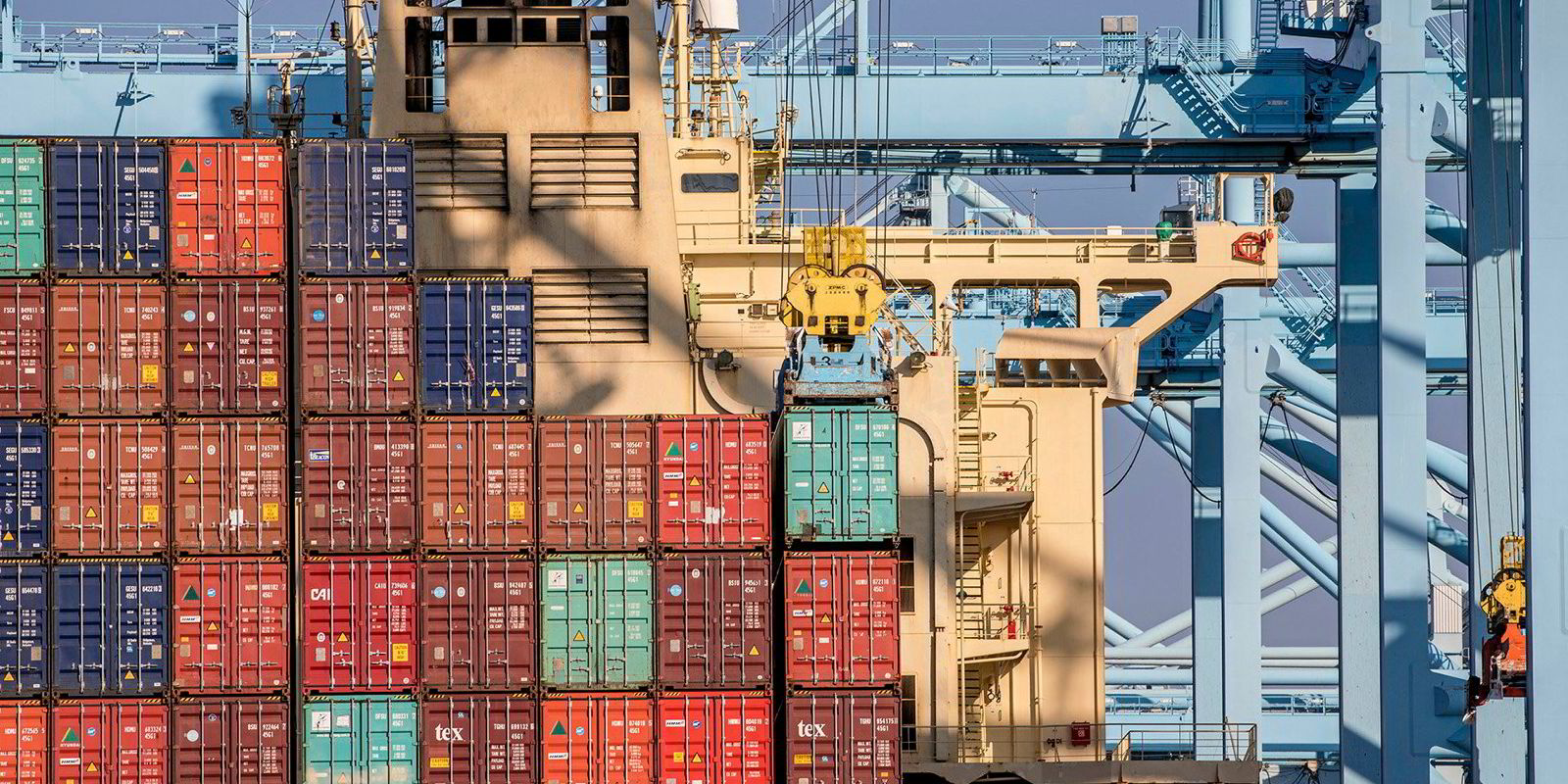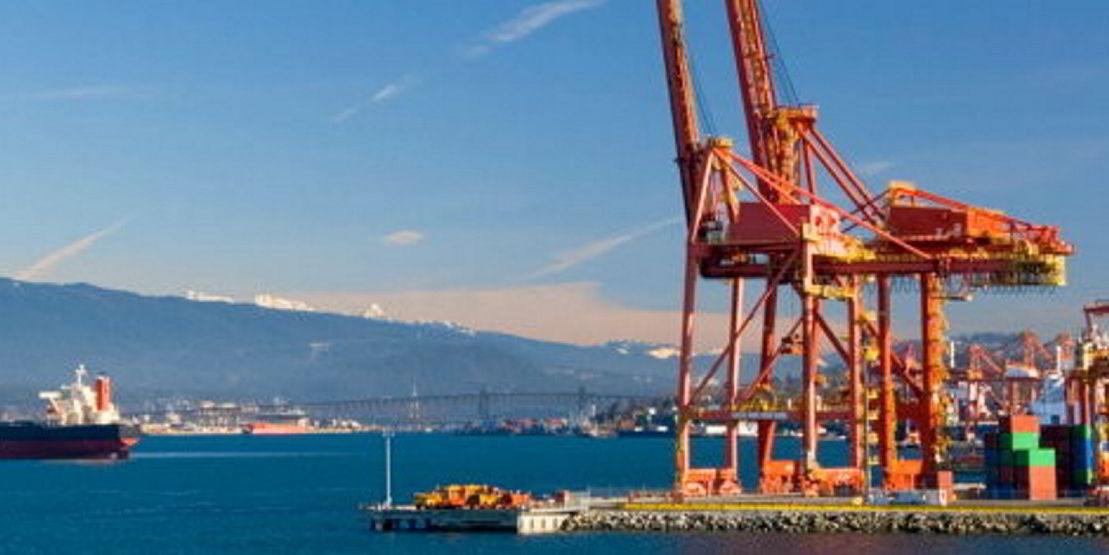Shippers are eager to start sending cargo through US West Coast ports again now that dockers and employers have a tentative labour deal, but the anticipated return will not happen immediately, Port of Los Angeles executive director Gene Seroka said.
Fearful that the strife would prevent timely delivery of goods, shippers moved containerised imports and exports through ports on the US Gulf Coast and East Coast for months as both sides fought for more than a year over a new labour deal.
During the heated talks, the Pacific Maritime Association (PMA), which represents 70 ocean carriers and terminal employers at 29 West Coast ports, accused the 20,000 dockers of the International Longshore and Warehouse Union (ILWU) of disrupting port operations.
“In my daily hourly conversations with importers and exporters, there is a common theme about wanting that confidence to bring the cargo back here, and some are in the midst,” Seroka said on Wednesday during the port’s monthly press conference.
“It’s not that difficult, but it does take some time and pulling all of these partners together. It takes a little bit of work and a little bit of finesse to get this going.”
The switch back to West Coast ports can take up to six weeks because shippers need to coordinate ports of call, assign vessels and adjust purchase orders with manufacturers and growers, he said.
“This is not a transactional business since the ships don’t simply just turn on their blinker and make a left to enter back into LA,” he said.
Seroka said he planned to attend the US Department of Agriculture’s export conference on Wednesday to talk with growers about getting their grain exports shipped from the West Coast once again.

“They want direct services to Asia, and the ports of Los Angeles and Long Beach offered the most direct services to points of destination in Asia than any other port in the United States,” he said.
“That’s what we’re going to try to capitalise on this week during a short trip back to Washington.”
Cargo volumes fell to 4.14m teu for the first half of 2023, down 24% from volumes handled during the first six months of 2022, partly due to shippers sending cargoes to the East Coast and US Gulf Coast.
US acting labour secretary Julie Su, who attended the press conference, met with the ILWU and PMA in June to help them reach the tentative deal.
She said she did so by just listening to both sides and supporting them while reminding them of what was at stake, instead of telling them what to do.
“I said several times when I was there, the only people who can decide whether this is a fair contract is the members themselves,” she said.
“I flew into San Francisco on a Sunday. I did not intend, when I did so, to stay for the week. In fact, I packed only two suits for the trip.”




